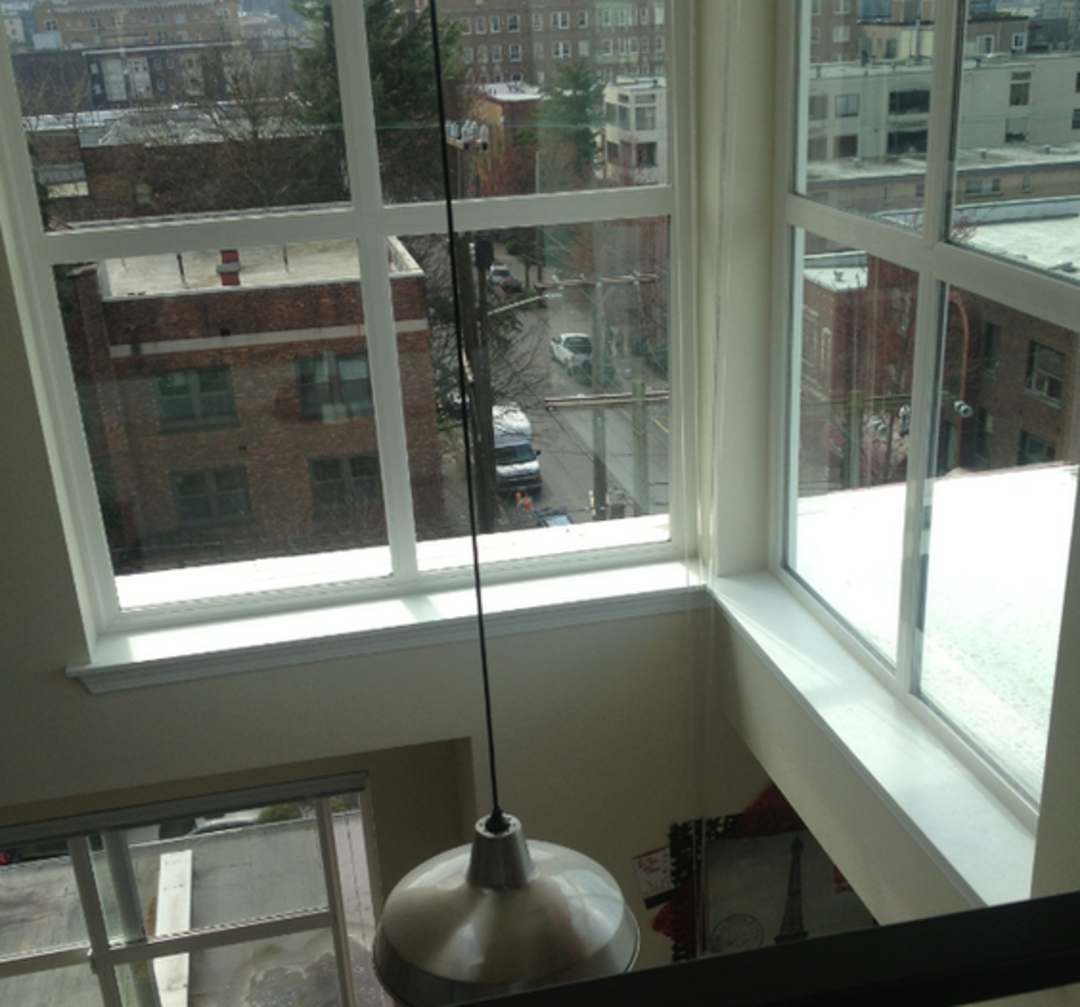Smart Growth Seattle vs. Anti-aPodment Regulations

Density proponent Roger Valdez, founder of the pro-small-lot development and microhousing group Smart Growth Seattle, has responded to a memo from city council member Tom Rasmussen suggesting a new regulatory framework for so-called "aPodments," or micro-housing (tiny units that share a central kitchen), suggesting that many of Rasmussen's suggestions or unreasonable or unfairly burdensome on developers, who have received permits for 48 of the buildings.
(aPodments are controversial because they allow developers to skirt ordinary design rules because of the way units are counted; each floor, which can include multiple micro-units, has historically counted as a single "apartment," allowing a six-story building with 56 tiny units, for example, to be built without going through review by the city's design review board, which looks at architectural elements of buildings but has no formal regulatory authority).
In his letter to the city council, Valdez points out that neighborhood residents who simply oppose microhousing are unlikely to be satisfied if small apartments are subjected to design review (which doesn't address things like the mere existence of tiny units, which is really the neighbors' main gripe); argues that subjecting microhousing to environmental review under the State Environmental Policy Act would only make such units more expensive; and says that other proposals to regulate micro-units—like dictating minimum unit sizes amd requiring two sinks (one in the kitchen and one in the bathroom) for units as small as 120 to 200 square feet and—make no sense and serve only to regulate micro-apartments out of existence.
With regard to sinks, Valdez writes, "There isn’t any evidence that we’ve seen entered into the public record that links the spread of communicable disease to the number of sinks in microhousing or in any other form of housing."
In response, city council member Richard Conlin, who has been sympathetic to the micro-housing proponents' cause, wrote that "I agree with you that most of these issues will not need legislative attention, and that information about the situations that have been posed as concerns will resolve the questions that Councilmembers have." Conlin added, though, that he supports creating a new definition of "microunits" in the city's land use code, believes microhousing should have to go through design review, and concludes that he wants all buildings that are of similar size (say, an eight-unit apartment building and a 48-unit aPodment building) to be subject to the same environmental rules.
In an email, Valdez said that although he's concerned about some aspects of Conlin's proposal (and is, obviously, more concerend about aspects of Rasmussen's), the overall impact of Conlin's ideas is "positive."

